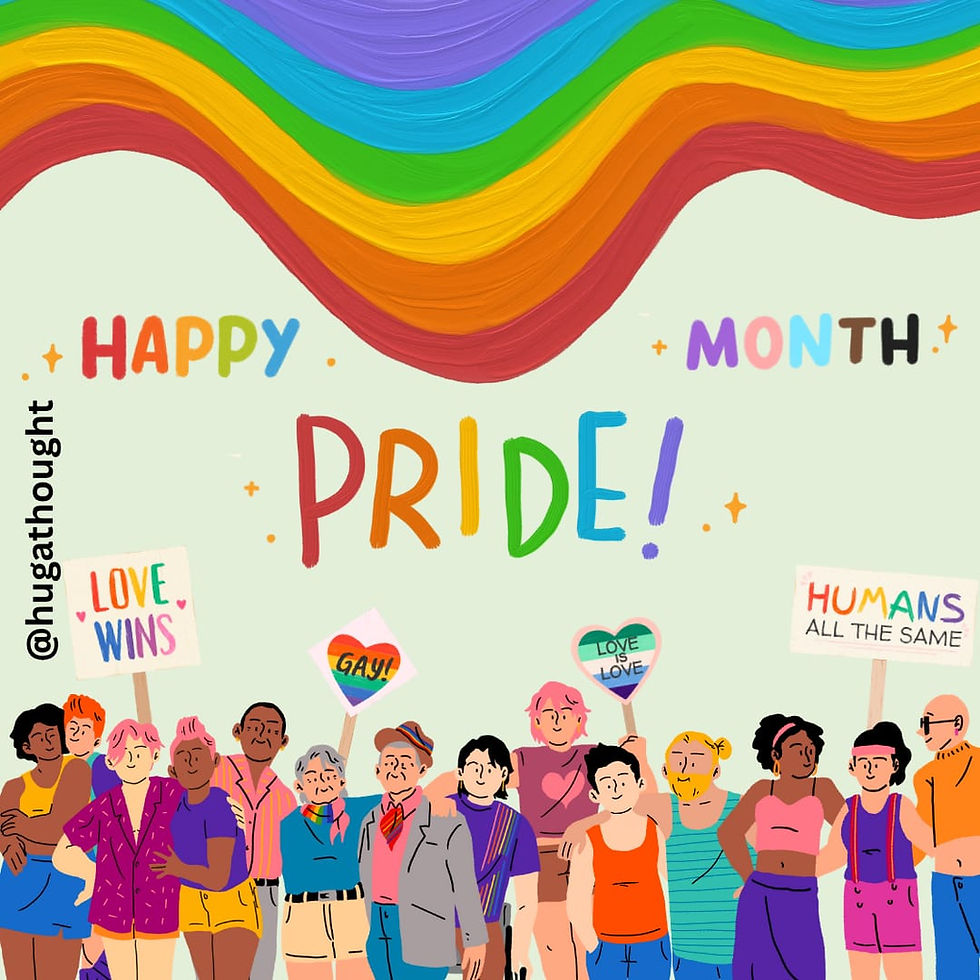Post-Concert Depression: Why It’s a Real Thing and How to Navigate It
- Zeina Sravya
- Jan 27, 2025
- 4 min read
You’ve just experienced the thrill of a live concert. The lights, the crowd, the music vibrating in your chest — it felt like magic. You sang along at the top of your lungs, cried during the emotional ballads, and danced like no one was watching. But now, as the confetti settles and the venue empties out, an odd feeling begins to creep in. It’s not just exhaustion; it’s a deep, lingering sadness. Welcome to the phenomenon known as Post-Concert Depression (PCD).
What is Post-Concert Depression?
Post-Concert Depression isn’t an officially recognized mental health condition, but it’s a term many fans use to describe the wave of melancholy that hits after a particularly memorable concert or festival. It’s that bittersweet crash after the emotional high of an event you’d been eagerly anticipating for weeks, months, or even years.
Think of it like this: concerts are not just musical performances; they’re immersive experiences. They bring together community, emotion, and art in a way that feels transcendent. So, when it’s all over, it’s natural to feel a sense of loss.
Why Does It Happen?
Several psychological and physiological factors contribute to PCD:
1. The Dopamine Drop
During a concert, your brain is flooded with dopamine — the “feel-good” neurotransmitter. The euphoria of live music, combined with the communal energy of the crowd, creates a natural high. But once the concert ends, your dopamine levels take a nosedive, leaving you feeling emotionally flat.
2. The End of Anticipation
In the lead-up to the event, there’s an adrenaline rush as you plan your outfit, memorize the setlist, and countdown the days. Anticipation creates its own form of happiness. When the event is over, that excitement is replaced by an emptiness, because now there’s nothing to look forward to.
3. Connection Withdrawal
Concerts foster a unique sense of belonging. Whether you’re bonding with strangers over your shared love for the artist or feeling seen as the lyrics mirror your own emotions, there’s an unspoken unity in the crowd. Leaving that environment can feel isolating, especially if your everyday life doesn’t offer the same sense of connection.
4. Sensory Overload to Silence
A concert is a sensory feast — the lights, the sounds, the cheers. Returning to the normalcy of your quiet bedroom can feel jarring, almost like stepping from a vibrant dream into a gray reality.
How to Navigate Post-Concert Depression
While PCD is common, the good news is that it’s temporary and manageable. Here are some tips to ease the transition:
1. Let Yourself Feel
First and foremost, acknowledge your feelings. It’s okay to be sad. That sadness is a testament to how much the experience meant to you. Journaling about your emotions or talking to a friend who attended the concert can help you process.
2. Relive the Memories
Replay the magic by looking through photos and videos you took during the concert. Create a playlist of the setlist and listen to it when you’re craving that connection. Sharing your favorite moments on social media or in fan groups can also help you feel like you’re reliving the experience.
3. Channel Your Energy
Use your post-concert blues as a creative spark. Draw, write, or craft something inspired by the artist or the event. Expressing yourself artistically can turn that sadness into something beautiful.
4. Plan Your Next Adventure
Redirect your focus by planning your next event. Whether it’s another concert, a weekend getaway, or even a cozy movie night, having something to look forward to can help fill the void.
5. Stay Connected
If you made friends at the concert, keep in touch. Sharing your post-concert feelings with someone who understands can be incredibly validating. Even if you didn’t exchange numbers, joining fan communities online can help you stay connected to others who share your love for the artist.
6. Practice Self-Care
Your body and mind need time to recover from the concert high. Hydrate, rest, and nourish yourself. Gentle activities like yoga, a warm bath, or a walk in nature can help you recalibrate.
Why Post-Concert Depression Matters
While PCD might seem like a trivial term, it highlights the emotional depth of human experiences. Music has the power to heal, inspire, and connect us, but it also exposes our vulnerability. Feeling sad after a concert reminds us that we are deeply emotional beings, capable of forming profound connections to art and to each other.
Final Thoughts
Post-Concert Depression is a real and valid experience. It’s a sign that you allowed yourself to be fully immersed in the magic of the moment. And while it’s tough to come back to reality, the memories, connections, and joy you felt during the concert are yours to keep forever.
So, the next time you find yourself in a post-concert funk, remember: it’s okay to grieve the end of something beautiful. But don’t forget to celebrate the fact that you were lucky enough to experience it at all. After all, as one wise lyric goes, “Don’t cry because it’s over, smile because it happened.”






Comments